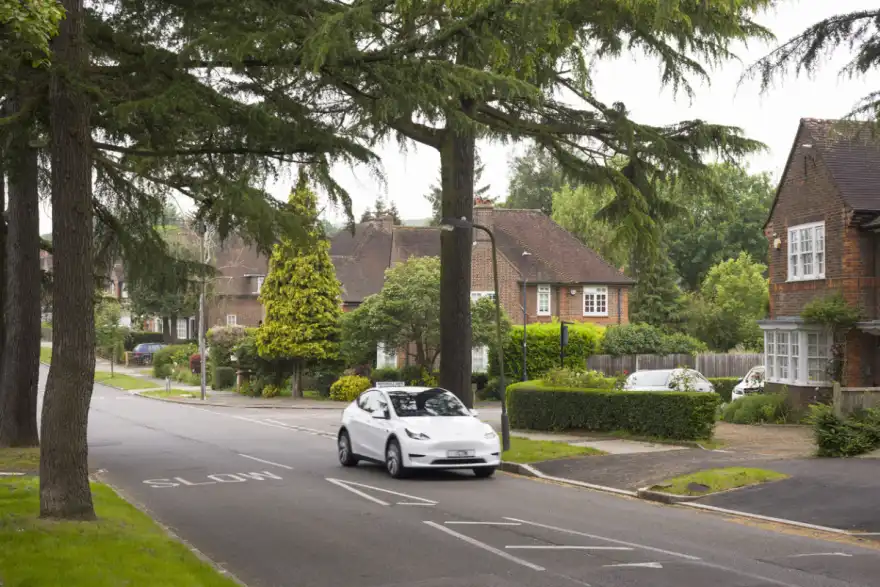
Electric car drivers across the UK have reason to celebrate this summer, as a new milestone in cost savings has arrived earlier than ever, and it’s just one sign of the electric vehicle (EV) revolution gaining momentum in 2025.
Electric car day: Free driving comes early
According to new research by The Electric Car Scheme, 3rd July 2025 marks Electric Car Day, the point in the year when the average petrol driver has already spent more on fuel than the average EV driver will spend on charging for the entire year. That means from this date onwards, EV drivers have now saved enough on running costs to effectively cover the rest of the year
In 2025, petrol drivers are expected to spend around £1,161 per year on fuel, while EV drivers will spend just £592, based on the average UK mileage of 7,400 miles per year. This massive cost gap means EV owners are now enjoying up to six months of free driving every year.
And for those with access to special EV tariffs or workplace charging schemes, the crossover point came even earlier, as far back as 9th March, with costs as low as 3p per mile.
Falling energy prices and improving EV efficiency are pushing this milestone earlier each year. In 2023, it fell on 1st August, and in 2024 on 15th July. So far, 2025 is shaping up to be the most cost-effective year for EV ownership yet.
Charging costs drop as petrol prices climb
EV running costs are being helped along by falling electricity prices, especially for public ultra-rapid chargers, which saw a 2p/kWh drop in May, according to the AA EV Recharge Report. Meanwhile, petrol prices have risen due to global instability, further widening the affordability gap.
With energy price caps dropping and summer holidays approaching, EV drivers can look forward to cheaper road trips, especially those relying on public charging infrastructure.
EV sales soar, but private buyers still cautious
Affordability may be improving, but the UK’s shift to EVs is still a tale of two markets.
In June 2025, one in four new cars sold was electric, marking a 39.1% jump in EV registrations compared to the same time last year. This helped push total new car registrations to their highest June level since 2019, with over 191,000 vehicles sold, a 6.7% year-on-year rise.
However, private demand for EVs remains subdued, with fleet sales propping up the numbers. So far, EVs have made up 21.6% of all new car sales in 2025, below the 28% needed to meet the Government’s Zero Emission Vehicle (ZEV) mandate.
Mike Hawes, CEO of the Society for Motor Manufacturers and Traders (SMMT), praised the industry's efforts but warned that current EV growth is being driven by heavy discounting and not long-term consumer confidence. He called for more government incentives to speed up adoption.
Chinese EV brands gain ground
A major shift in the market is the rise of Chinese car manufacturers, offering high-spec electric and hybrid models at lower prices. Brands like BYD, Omoda, and Jaecoo are now matching legacy names like Audi in UK sales volume.
BYD alone is up 570% year-on-year, and more Chinese brands, including Geely, the parent company of Volvo and Polestar, are preparing to enter the market later this year.
Meanwhile, several mainstream brands are struggling. Citroen, Seat, Audi, Fiat, Nissan, and Honda have all posted double-digit declines in 2025 registrations.
There are some success stories though: Tesla bounced back in June after a sluggish spring, and Ford has expanded its EV range from just one model last year to four today. Alfa Romeo, Jeep, and Polestar are also enjoying big percentage gains.
Electric vehicles are cheaper than ever to run. Combined with falling charging costs, rising EV sales, and growing interest in affordable new models (especially from Chinese brands), the case for going electric has never been stronger.
But for EV adoption to hit government targets, consumer confidence needs a boost. Incentives, more public chargers, and continued price reductions will be key to making electric the easy choice for all.




